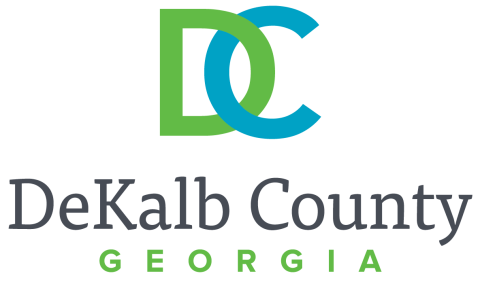
DECATUR, Ga.— It’s been more than 50 years since DeKalb County cleaned its major sewer lines. To remedy that, DeKalb Department of Watershed Management submitted two contracts totaling $35.4 million that were recently approved by the Board of Commissioners.
“We believe the cleaning of these major sewer lines will allow us to recapture capacity and potentially reduce costs,” said DeKalb County CEO Michael Thurmond. “This is a significant moment for the taxpayers and residents of this county because our government is working to address capacity issues in our sewer system and reduce sanitary sewer overflows.”
One contract for $7.2 million will restore major gravity sewer line capacity by cleaning the main sewers at 19 critical areas around the county.
A second contract provides $28.25 million for sewer replacement, pipe bursting, sewer lining, point repairs, manhole interior coating or lining, manhole height adjustment, manhole frame and cover adjustment or replacement, connection sealing and manhole replacement.
Once a sewer is cleaned, flow data will be collected for development of a wastewater stream model which will be used to determine trunk sewer pipe sizes for existing and future growth.
The work is expected to take two years to complete.
A significant cause of sanitary sewer overflows and reduced sewer capacity is the disposal of fats, oils and grease down sink drains.
“With 60 percent of sanitary sewer overflows in DeKalb County caused by fats, oils and grease being poured down sink drains, residents and businesses also play an important partnership role with DeKalb County,” said Ted Rhinehart, deputy chief operating officer for infrastructure.
Other ways DeKalb County is addressing its sewer capacity issues include:
- A system-wide assessment of the wastewater collection system to identify and address deficiencies.
- Ongoing smoke testing which has identified such issues as illicit connections, failed private sewer laterals and missing clean out covers. Removal of these extraneous sources of stormwater will assist to reduce the overloading of the system which can resulting sanitary sewer overflows.
###

